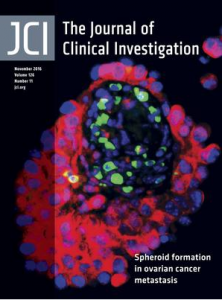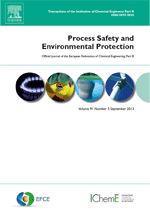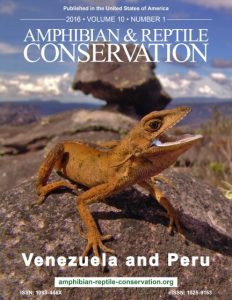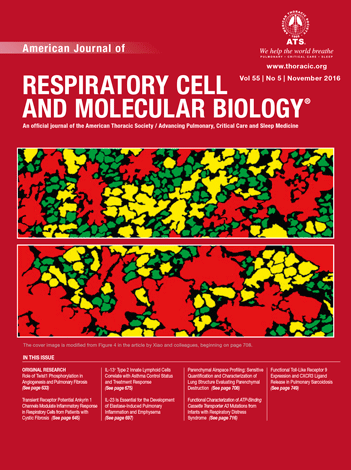 A study linking vaccines to autism and other neurological problems has been removed by a Frontiers journal after receiving heavy criticism since it was accepted last week.
A study linking vaccines to autism and other neurological problems has been removed by a Frontiers journal after receiving heavy criticism since it was accepted last week.
The abstract — published online in Frontiers in Public Health after being accepted November 21 — reported findings from anonymous online questionnaires completed by 415 mothers of home-schooled children 6-12 years old. Nearly 40 percent of children had not been vaccinated, and those that had were three times more likely to be diagnosed with neurodevelopmental disorders such as autism, the study found.
After receiving criticism on Twitter, Frontiers released a public statement, noting that the study was only “provisionally accepted but not published,” and is being re-reviewed. When asked for a comment, a Frontiers spokesperson referred us to the statement. Continue reading Study linking vaccines to autism pulled following heavy criticism

 Circumcision is a hot topic. So hot, questions about a reviewer’s potential conflict with the author of an article promoting circumcision prompted a journal editor to resign, and one academic to call another a “fanatic.”
Circumcision is a hot topic. So hot, questions about a reviewer’s potential conflict with the author of an article promoting circumcision prompted a journal editor to resign, and one academic to call another a “fanatic.” 

 After five years, Elsevier has
After five years, Elsevier has 

 Two former researchers at Duke University at the center of a lawsuit by a whistleblower to recoup millions in federal funding have lost yet another paper.
Two former researchers at Duke University at the center of a lawsuit by a whistleblower to recoup millions in federal funding have lost yet another paper. Researchers have retracted their third paper due to missing original data, following an investigation at their former institution in New York.
Researchers have retracted their third paper due to missing original data, following an investigation at their former institution in New York.